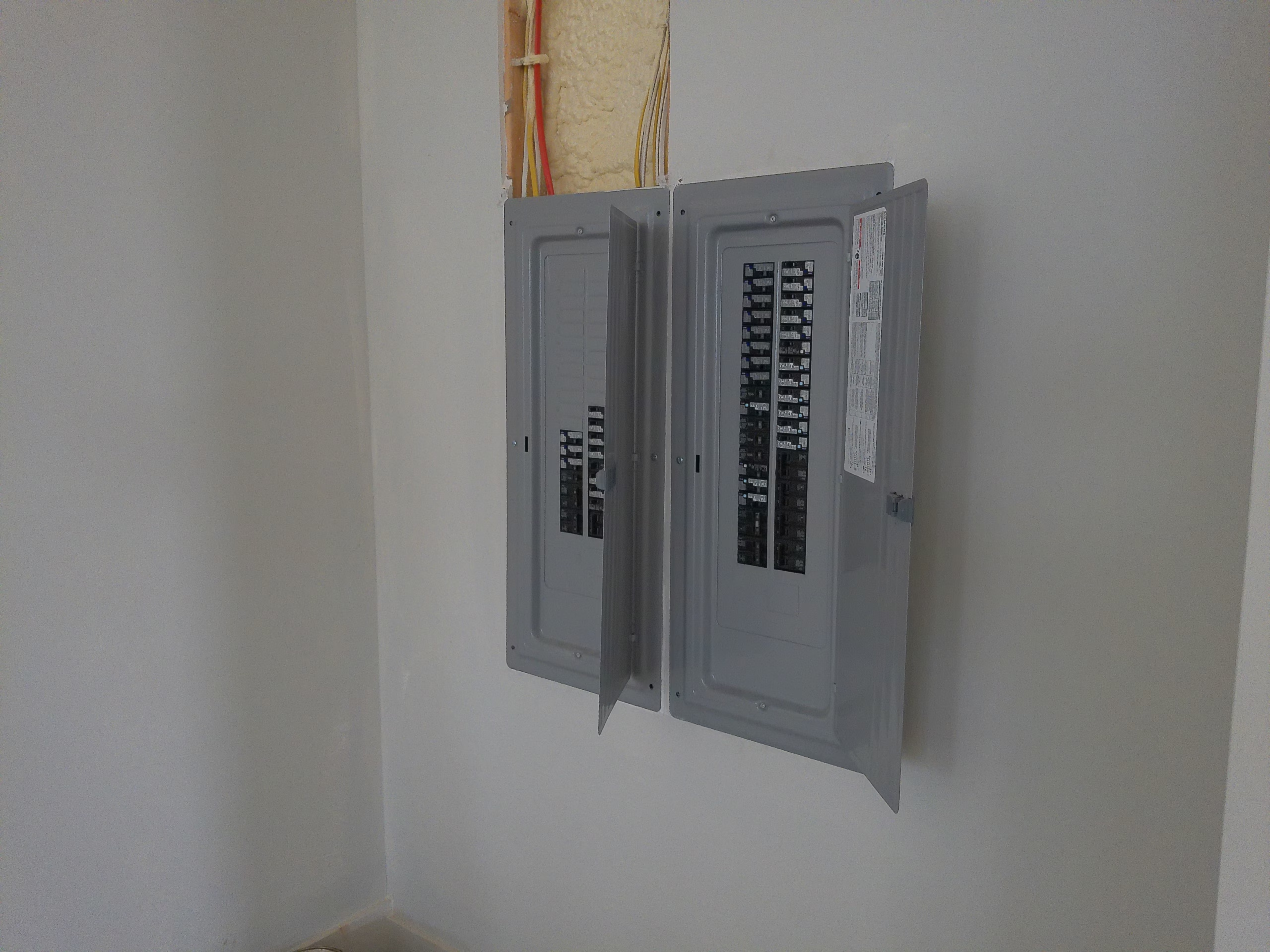With summer officially starting this month and temperatures rising in Little Rock, humidity levels can also soar, making the heat feel even more oppressive. While your air conditioning system is designed to cool your home, it also plays a crucial role in managing your indoor air quality. When summer humidity levels spike, it can have a significant impact on both your AC’s performance and the overall comfort of your home. Understanding how humidity affects your AC and indoor air quality, along with knowing how to manage it, is key to keeping your home comfortable and healthy during those hot months.
The Impact of Humidity on Your AC System
High humidity levels can make it harder for your AC to cool your home efficiently. In Little Rock, we are no strangers to humidity. The muggier period of the year lasts for about 5 months, from May to October, during which time the comfort level is muggy, oppressive, or miserable at least 22% of the time. The month with the muggiest days in Little Rock is July (Weather Spark). Air conditioners work by removing moisture from the air while cooling it, but during peak summer humidity, this process becomes more challenging. When the air is already saturated with moisture, your AC system has to work harder to reduce the humidity and cool the space. This can lead to higher energy consumption and increased wear and tear on your AC unit, potentially causing it to break down prematurely if not properly maintained.
In addition to overworking your system, humidity can also lead to uneven cooling in your home. Areas with higher moisture levels might feel warmer and more uncomfortable, as your AC struggles to control both temperature and humidity effectively.
How Humidity Affects Indoor Air Quality
Humidity doesn’t only affect the cooling efficiency of your AC, it also impacts indoor air quality. High moisture levels create an ideal environment for the growth of mold, mildew, and dust mites. These allergens thrive in damp, humid conditions, and as they spread throughout your home, they can trigger respiratory issues, allergies, and asthma. The presence of mold and mildew can also lead to unpleasant odors and damage to your home’s structure over time.
Excess humidity can also make your home feel stuffy and uncomfortable. With high moisture in the air, your body struggles to cool down through sweat evaporation, leading to a sticky, uncomfortable environment. Poor indoor air quality can impact your well-being and leave you feeling sluggish and irritable.
Tips for Managing Humidity and Comfort Levels
Fortunately, there are several ways to manage the effects of humidity on your AC and indoor air quality:
- Invest in a Dehumidifier: While your AC does help with moisture removal, a dedicated dehumidifier can be especially helpful in areas prone to high humidity. Dehumidifiers work to remove excess moisture from the air, making it easier for your AC to maintain a comfortable temperature and improve indoor air quality.
- Regular AC Maintenance: Ensure your AC system is running efficiently by scheduling regular maintenance, including checking the refrigerant levels, cleaning coils, and replacing filters. A well maintained AC system will have a better chance of handling high humidity levels and keeping your indoor air quality optimal.
- Use Exhaust Fans: In areas like bathrooms and kitchens, where humidity levels tend to be higher, use exhaust fans to expel moisture from the air. This will help prevent the buildup of excess moisture and reduce the likelihood of mold growth.
- Seal Gaps and Leaks: Sealing gaps around windows and doors can help prevent humid air from entering your home. This will help keep your indoor environment more controlled and prevent unnecessary strain on your AC system.
Keep Your Home Cool and Comfortable
Summer humidity can be a challenge for both your AC system and your indoor air quality. By understanding how humidity affects your home and taking steps to manage both moisture levels and comfort, you can enjoy a cooler, healthier indoor environment. If you’re looking for expert guidance on maintaining your AC and improving indoor air quality, contact Airmasters Heating and Air Conditioning for all of your Little Rock area HVAC and indoor air quality needs. Our team of professionals is here to ensure your home stays cool, comfortable, and safe all summer long.








